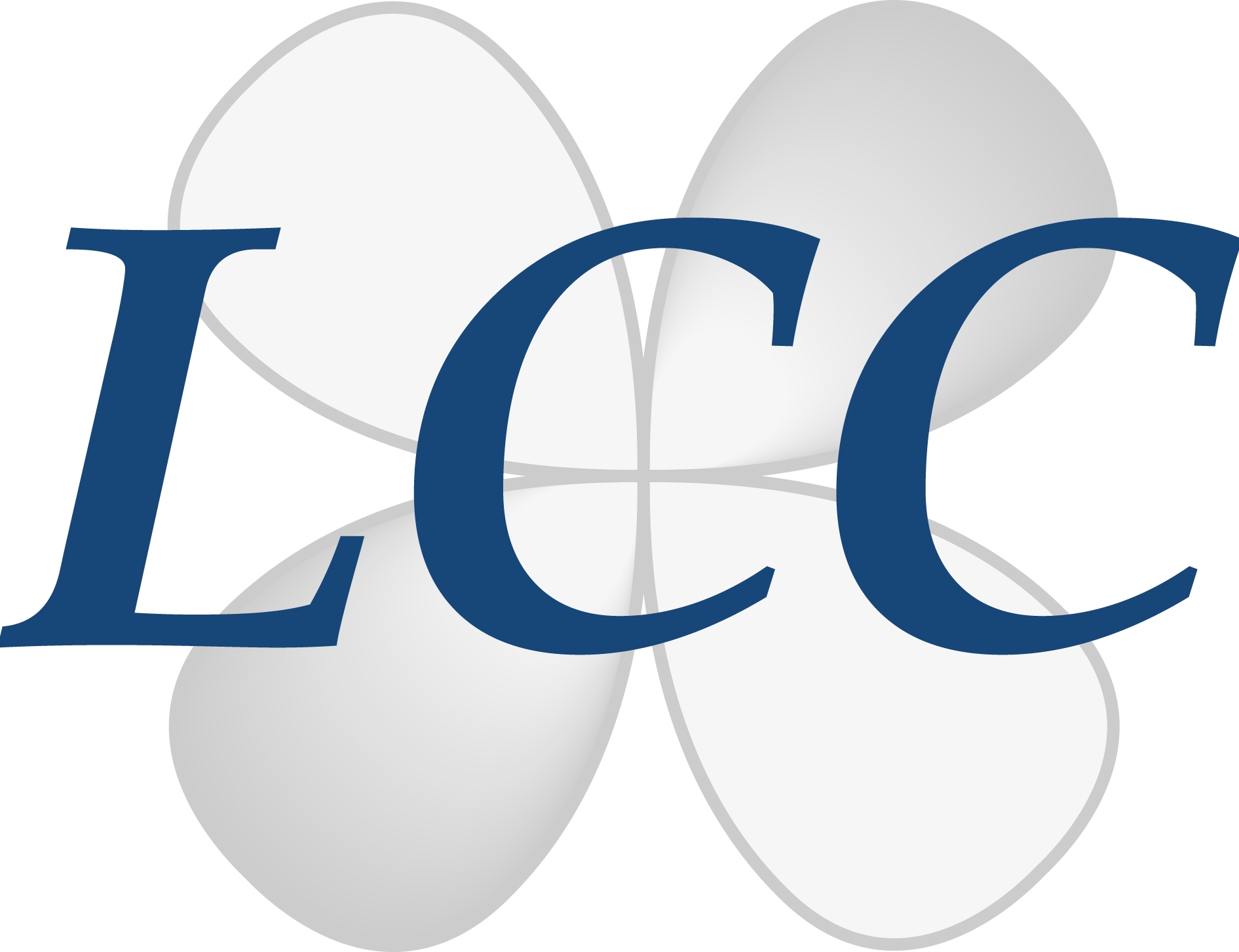Metallic borides by a process respectful of people and the environment
NANOSCIENCE

Lab: LCC
Duration: 6 months full-time internship
Latest starting date: 01/02/2022
Localisation: Laboratoire de Chimie de Coordination
Supervisors:
Myrtil Kahn myrtil.kahn@lcc-toulouse.fr
Richard Clergereaux clergereaux@laplace.univ-tlse.fr
This research master's degree project could be followed by a PhD
Work package:
Metallic borides are materials with chemical and physical properties of interest for aeronautical and aerospace applications. They are used, for example, as coatings for turbine blades, combustion chambers and rocket nozzles. They are also used in aluminium electrometallurgy for pumps and pipes transporting liquid metals, and metal evaporation crucibles. Finally, they are used as abrasives and can be present in cemented or coated tools.1
The preparation of metal borides requires, generally at high temperatures, to be under vacuum and inert atmosphere.2, 3 The aim of this training course is to carry out thin layers of transition metal borides by a process respectful of human beings and the environment. This process was recently patented by the LCC and LAPLACE laboratories in collaboration with IMRCP and CIRIMAT.4 This approach consists in using organometallic precursors in an injector reactor to inject them, in a pulsed mode, into a low pressure plasma reactor located downstream. It is a "safe by design" approach.
During this internship, the aim will be to synthesize organometallic precursors containing all the atoms constituting the final layer, to determine the injection parameters allowing to obtain thin layers with a controlled composition, a prerequisite to control the final properties of the coatings. Depending on the plasma conditions, different thin layers can be obtained whose surface energy, mechanical, optical and tribological properties must be determined.
This internship will allow the candidate to acquire solid knowledge in nanosciences. He/she will consolidate his/her skills in controlled atmosphere synthesis (glove box, vacuum ramp), in thin film characterization (ellipsometry, IR spectroscopy...). The candidate will work in a collaborative context with specialists in organometallic chemistry, physical chemistry, process and plasma. Communication skills will be appreciated.
References:
[1] Mayer, N. Borure https://www.futura-sciences.com/sciences/definitions/chimie-borure-16764/ (accessed 2021 -05 -26).
[2] Zoli, L.; Costa, A. L.; Sciti, D. Synthesis of Nanosized Zirconium Diboride Powder via Oxide-Borohydride Solid-State Reaction. Scr. Mater. 2015, 109, 100–103. https://doi.org/10.1016/j.scriptamat.2015.07.029.
[3] Wei, H.; Wang, F.; Du, J.; Xia, W. X.; Zhang, J.; Liu, J. P.; Yan, A. Synthesis of Ferromagnetic Nd2Fe14B Nanocrystalline via Solvothermal Decomposition and Reduction-Diffusion Calcination. IEEE Trans. Magn. 2015, 51, 2301204. https://doi.org/10.1109/TMAG.2015.2441094.
[4] Process for the preparation of nanoparticles, M. L. Kahn, R. Clergereaux, A.-F. Mingotaud, C. Vahlas, Y. Champouret, G. Carnide, N° EP16305977.7 (le 27 juillet 2016), procédure PCT en cours (PCT/EP2017/068831, 26 juillet 2017).
Areas of expertise:
Nanoscience, Coatings, Safe by design, Metallic borides
Required skills for the internship:
Background in chemistry and material science, Communication
